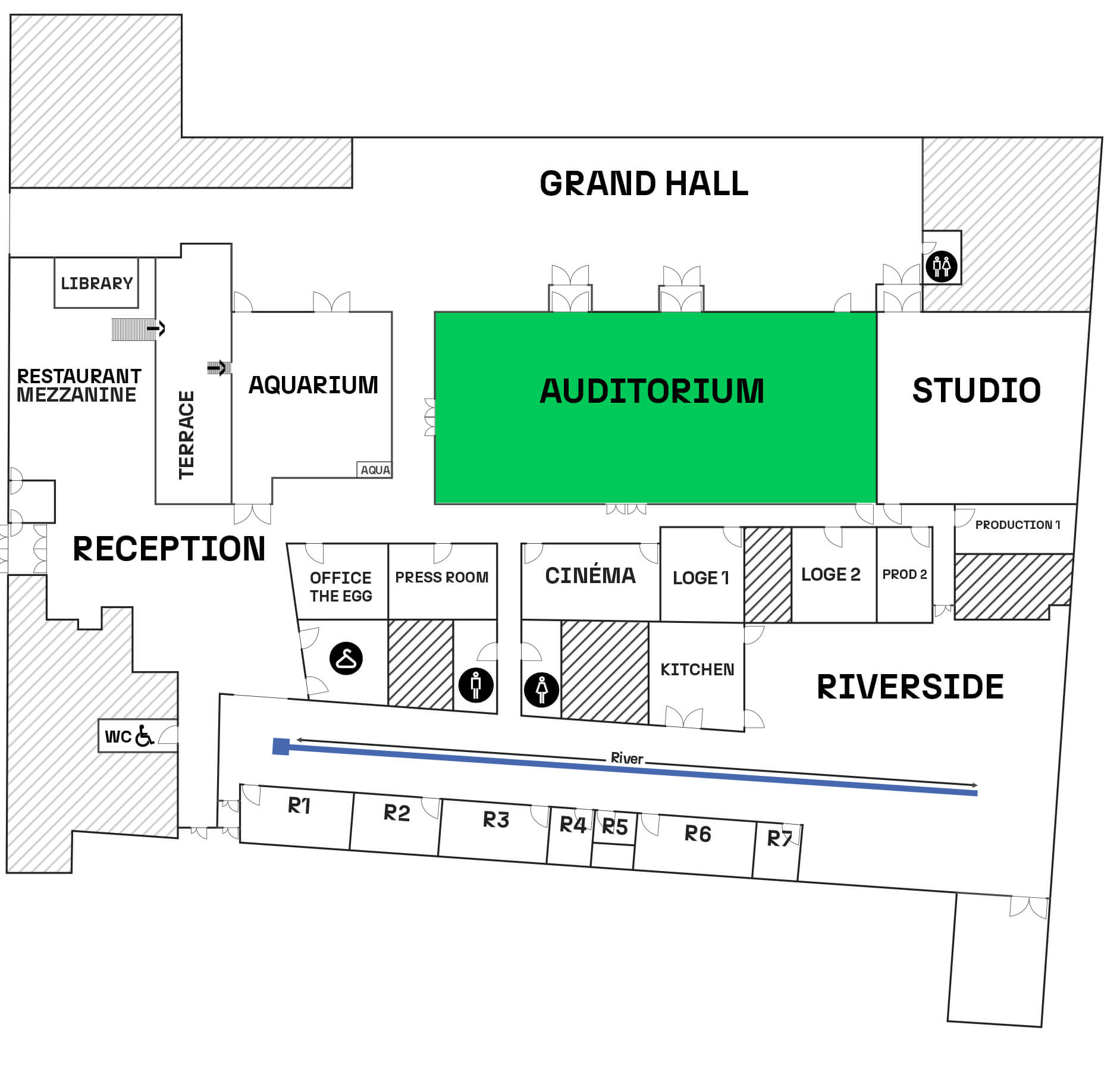Parallel session: Neurotechnology: Time for Europe?
This panel brings together leading researchers to discuss how Europe can take a stronger role in the rapidly advancing field of neurotechnology. As global initiatives drive breakthroughs in brain recording and modulation, the session will explore how coordinated European efforts can harness this momentum to boost neuroscience, medicine, and innovation.

Who You’ll Be Hearing From
This session brings together expert voices from across the EBRAINS community and beyond. Discover the people sharing their insights, research, and perspectives on the topic.
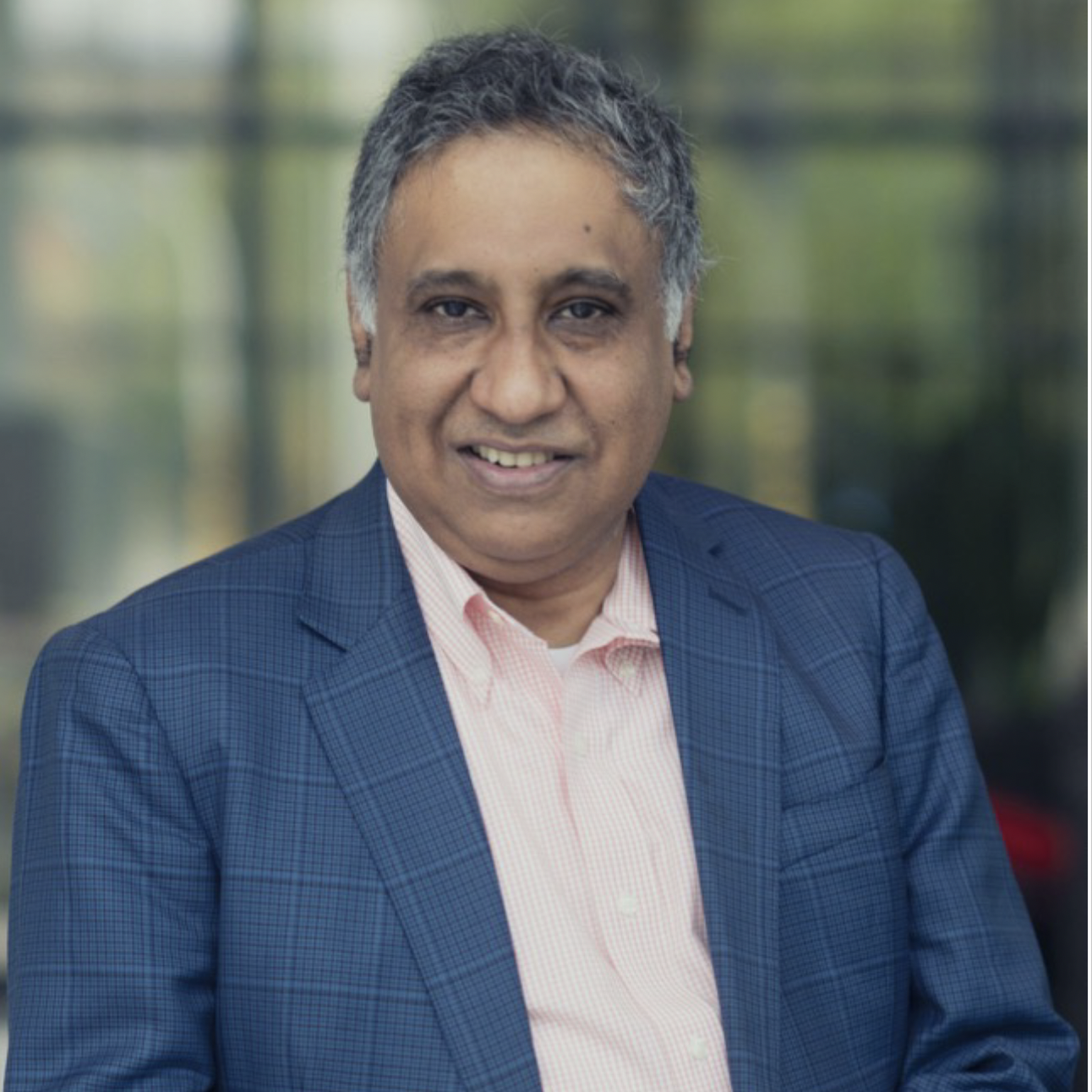

Barun Dutta is the Chief Scientist of IMEC, Leuven, Belgium IMEC is a R&D hub for nano-electronics and digital technologies has established itself as the world leader over the last 30 years in nano-electronics and system technology R&D and pioneered a novel and unique collaborative model that encompasses the entire semiconductor value chain that combines global talent and world class infrastructure Barun has been the Chief Scientist of IMEC since 2010, Where he leads and has lead various R&D programs across the semiconductor R&D eco-systems, from new materials and devices technology to life science tech and neurotech programs From 2000-2012 he was venture capitalist and General Partner at Sevin Rosen-Alta Berkeley and incubated, co-founded and invested in 16 successful semiconductor and system technology companies. His early career at Bell-labs and TI and was first customer/assignee at IMEC in 1994.
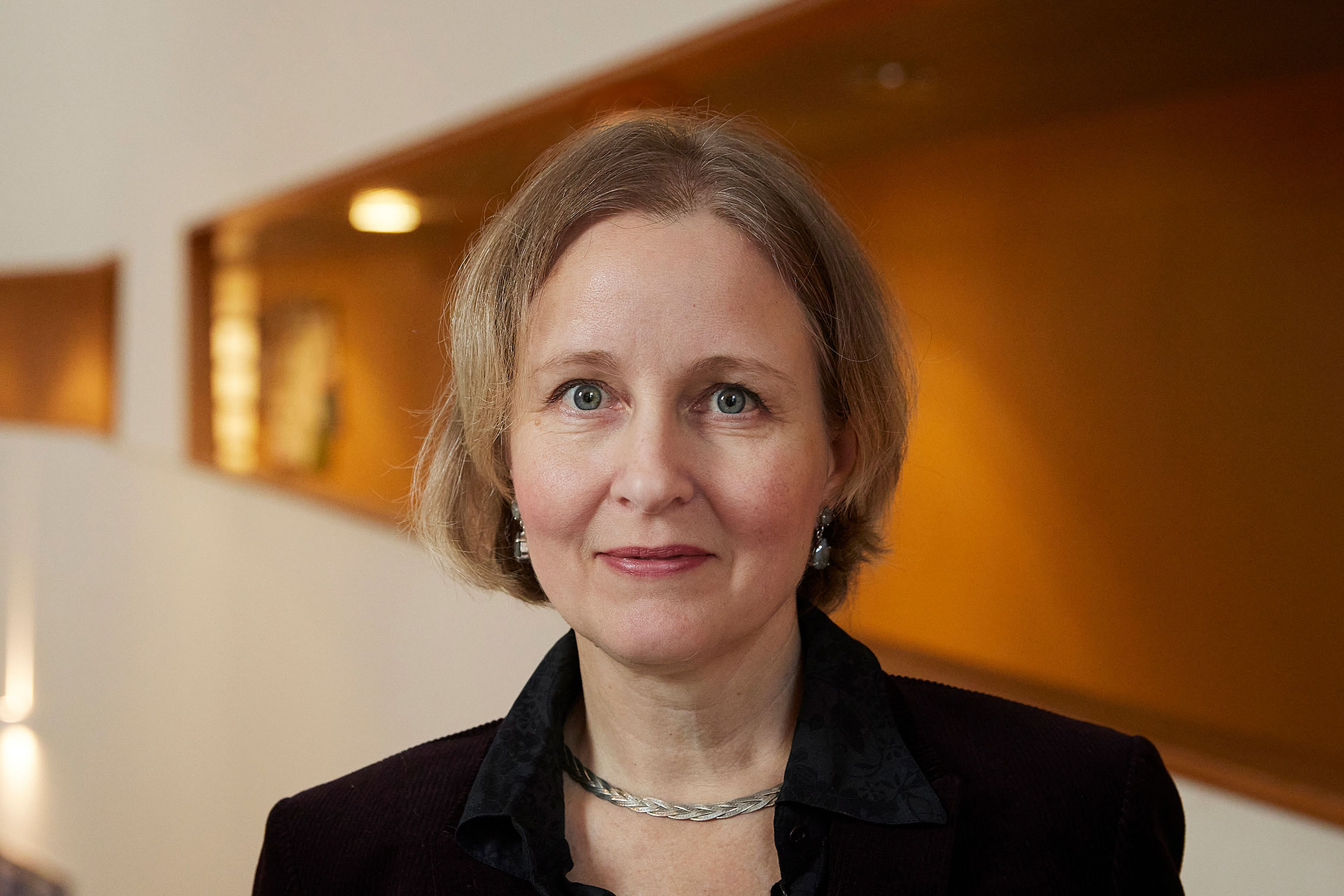

Maria Asplund is Professor in Bioelectronic Microtechnology at Chalmers University of Technology and Director of the Chalmers Area of Advance in Health Engineering. Marias research expertise includes flexible microtechnology for the neurotechnology domain, tissue-device interaction and electronic biomaterials. After completing her PhD at the Royal Institute of Technology (Stockholm, 2009) she led her own research group at the University of Freiburg, Germany (Department of Microsystems Engineering, 2011-22) and was visiting professor at Luleå University of Technology (2020-2023). Maria Asplund’s team specializes in materials for efficient and safe charge injection over the entire parametric range used clinically, from promotion of wound healing to brain implants for visual restoration. She is vice chair for the Swedish Society for Medical Engineering, and an editor of Journal of Neural Engineering and of Bioelectronic Medicine. She is also co-founder of the MedTech Startup Bioelectrix Sweden.


Valentina Emiliani is CNRS Research Director at the Vision Institute in Paris, where she leads the Photonics Department and the Wave Front Engineering Microscopy group. She pioneered wave front shaping for all-optical brain manipulation, introducing spatiotemporal methods such as computer-generated holography, generalized phase contrast, and temporal focusing. Her group combined these approaches with optogenetics to control hundreds of neurons with cellular resolution and millisecond precision. They further developed holographic endoscopy for simultaneous photostimulation and imaging in freely moving animals and extended these methods to two-photon voltage imaging. Her current research advances optical technologies to probe functional connectivity and signal processing in mouse and non-human primate visual pathways, while also developing strategies for vision restoration in humans. She has received multiple Brain Initiative research grants and an ERC Advanced Grant (2021).
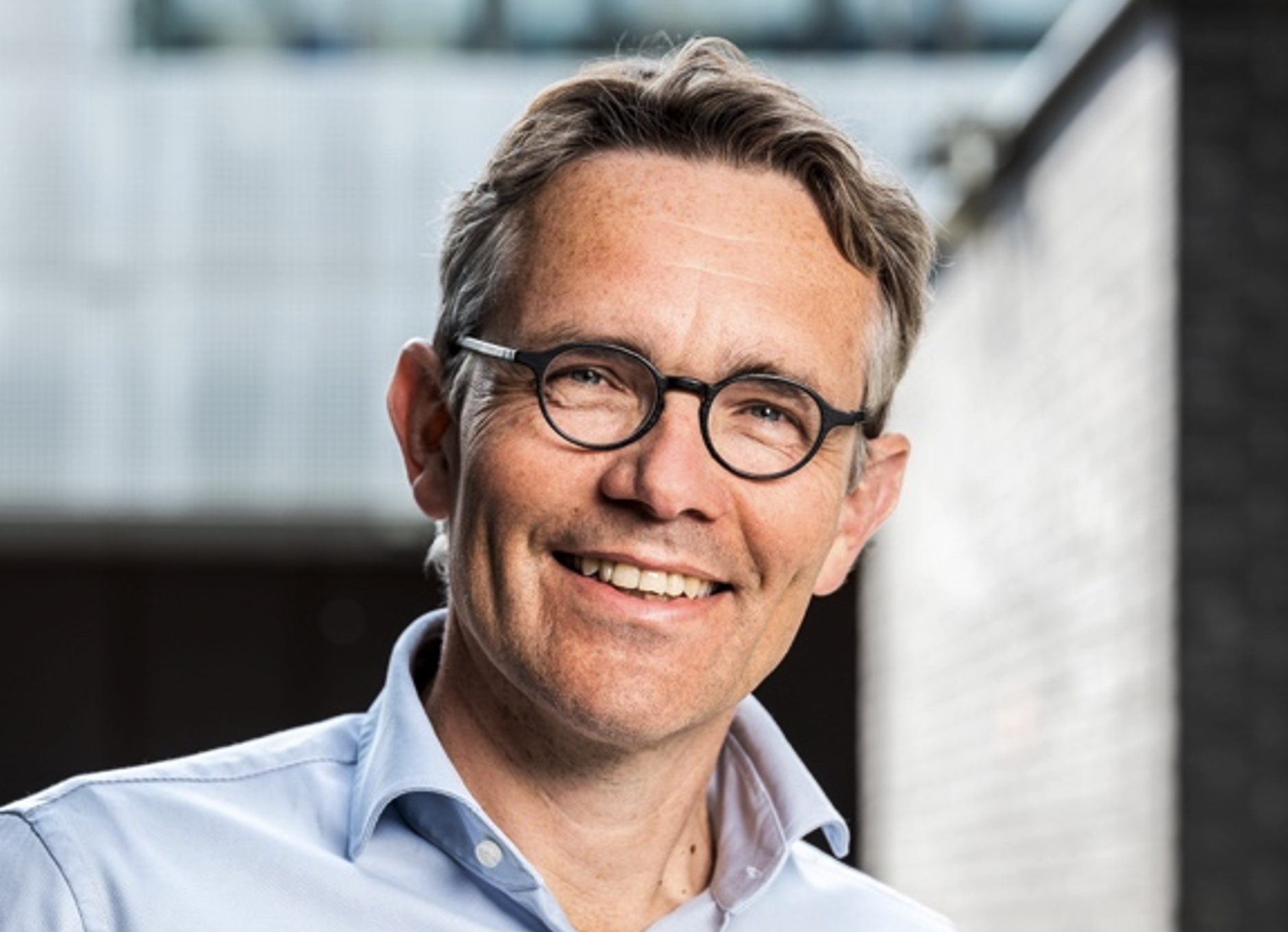

Pieter R. Roelfsema received his MD in 1991 and his PhD in 1995. Since 2002 he has worked at the Netherlands Institute for Neuroscience in Amsterdam, where he served as director from 2007 to 2023. He is Professor at the Vrije Universiteit Amsterdam and at the Department of Neurosurgery of the Amsterdam University Medical Center, and is affiliated with the Institut de la Vision in Paris. He has been awarded a NWO-VICI grant (2008) and two ERC Advanced Grants (2014, 2022). His research focuses on visual perception, plasticity, memory, and consciousness, studied in experimental animals, humans, and neural networks. He investigates how neurons across brain areas cooperate during seeing and thinking, and how networks reconfigure themselves during learning. Roelfsema also develops neurotechnologies for visual prostheses, aiming to restore rudimentary sight in blind individuals. He coordinates the Dutch neurotechnology initiative NeuroTech-NL and in 2019 co-founded Phosphoenix, a start-up developing visual brain prostheses.
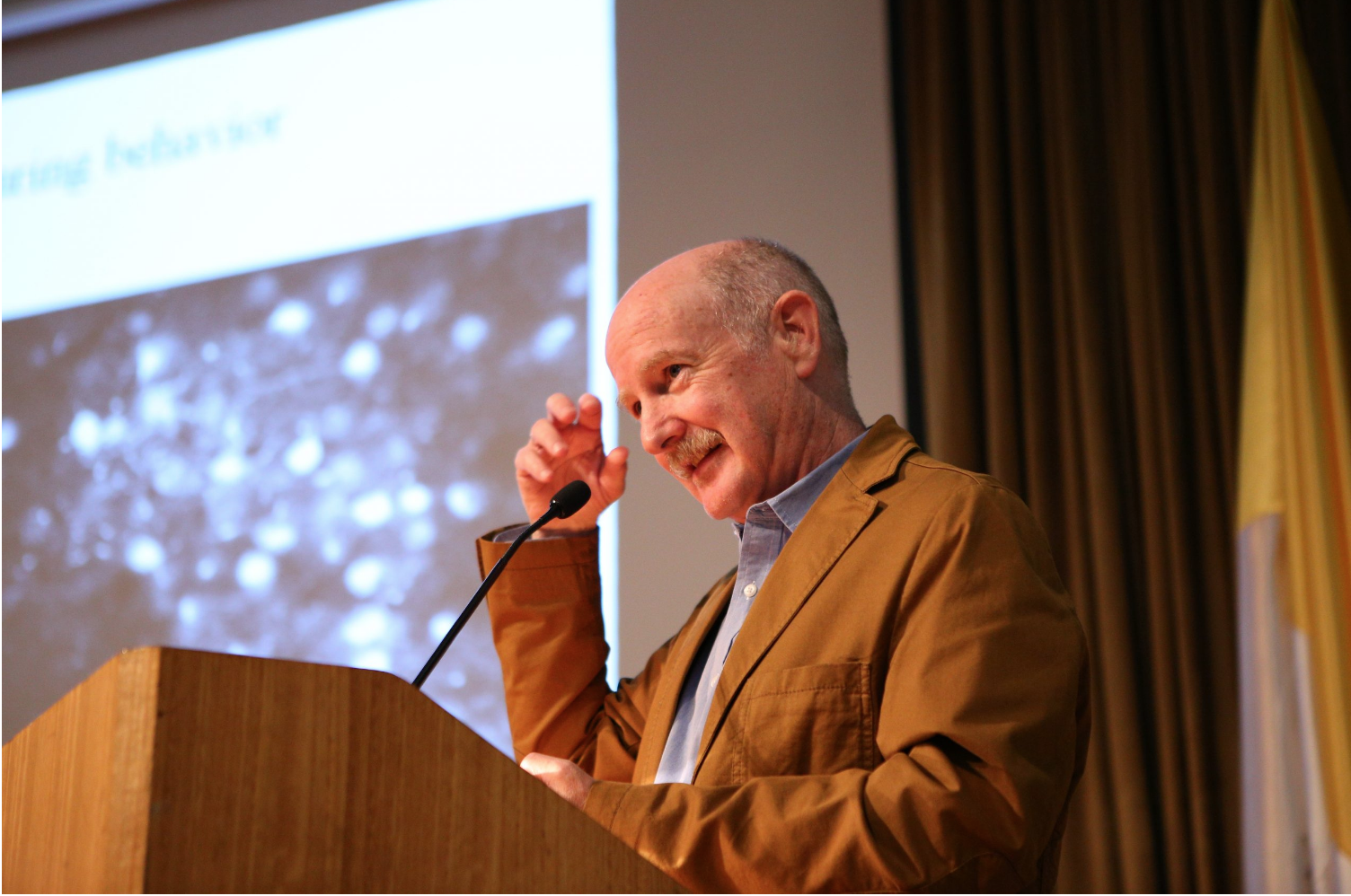

Rafael Yuste, M.D., Ph.D, is a neuroscientist that studies the cerebral cortex at Columbia University. Yuste pioneered the development of many imaging techniques and led the researchers who proposed the US BRAIN Initiative and the “Morningside” group proposal of novel human rights (“Neurorights”) to protect brain activity and brain data. He recently spearheaded the launching of Spain Neurotech, a Spanish Brain Initiative.
Find your way on the map
